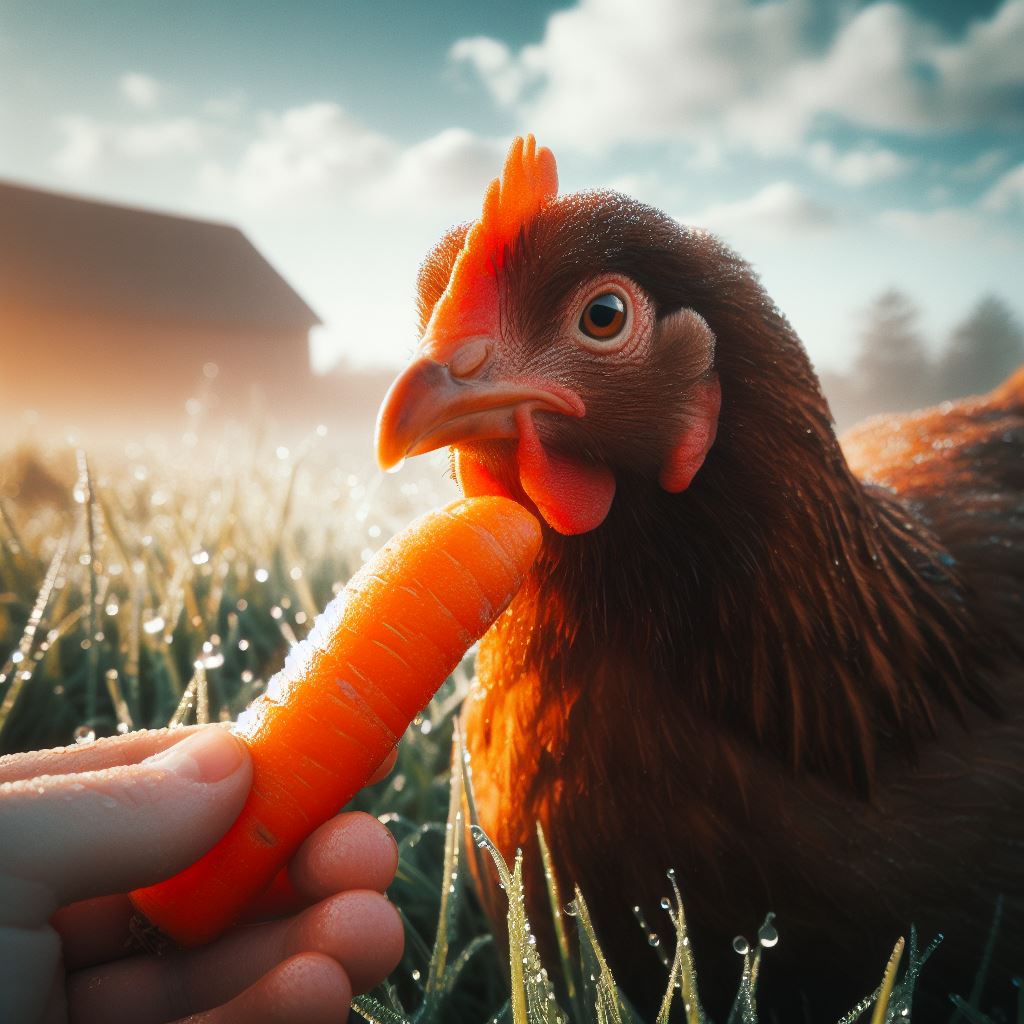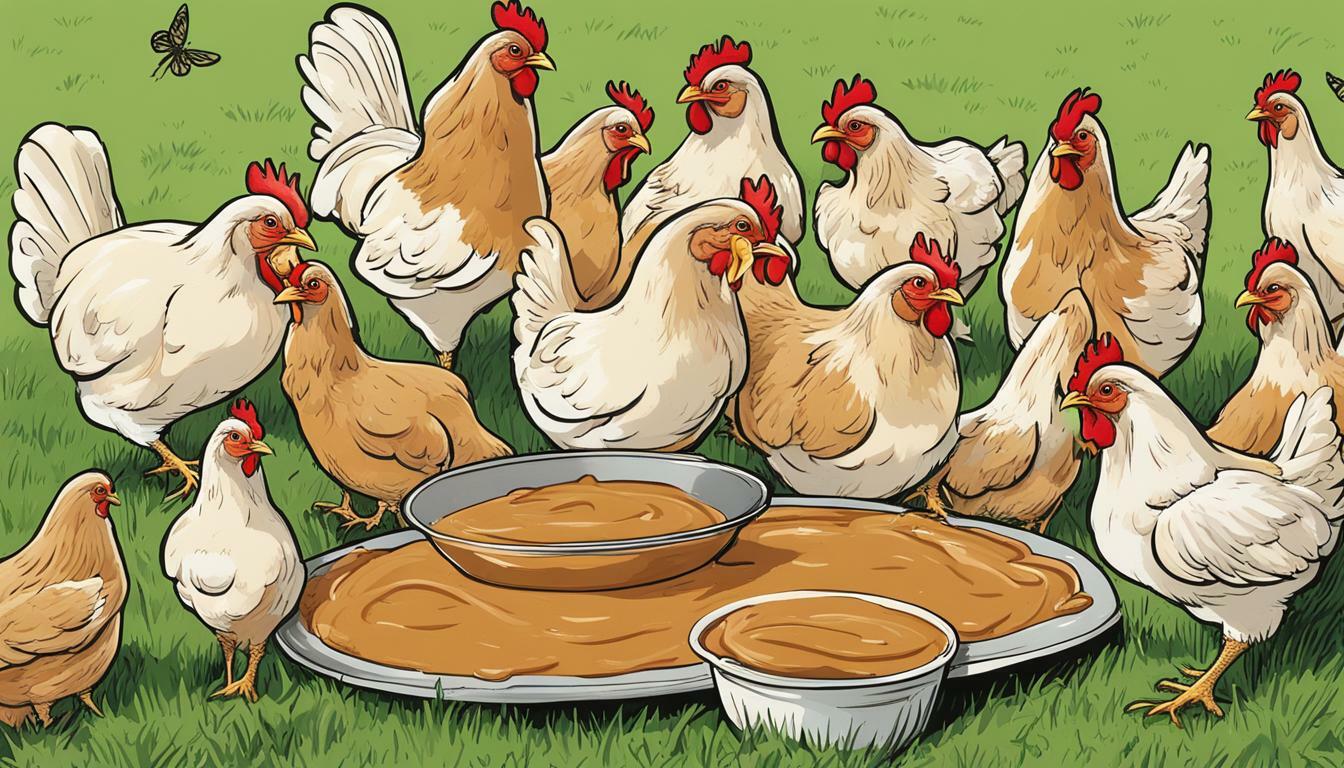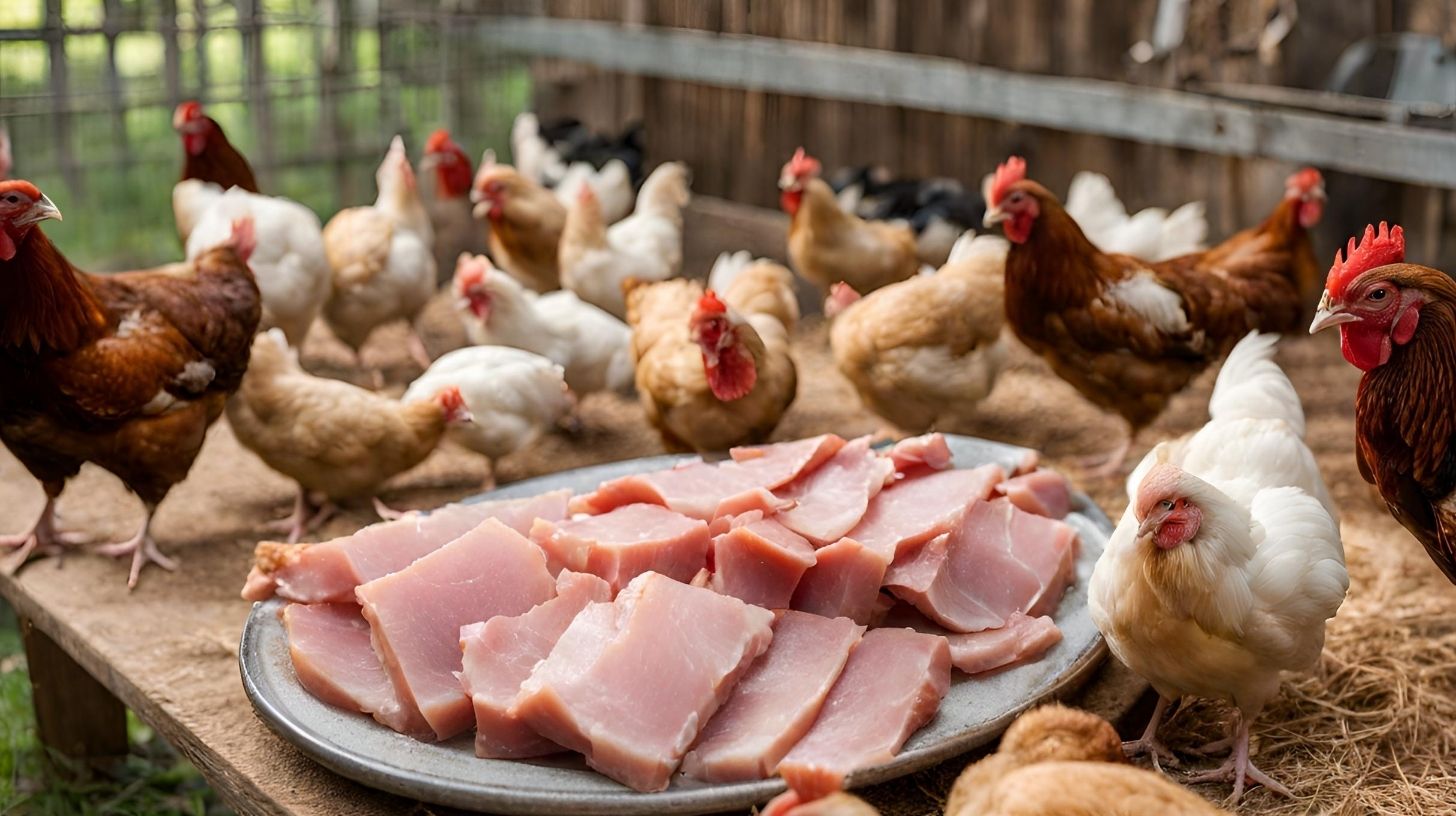Do Chickens Eat Ticks? Unraveling the Backyard Mystery

Table of content:
Ticks are a common problem for homeowners, pet owners, and livestock farmers. These small arachnids attach themselves to animals and feed on their blood. Too many ticks can make animals sick and can also spread dangerous diseases. If you have issues with ticks on your property, you may be wondering if chickens can be part of the solution. Read on to learn if and how chickens eat ticks.
Do Chickens Eat Ticks? In Fact
The short answer is yes, chickens do eat ticks. In fact, ticks are a natural part of a chicken’s diet in the wild. Chickens are omnivores and will eat both plants and small animals, including insects like ticks. A free-ranging chicken will happily gobble up any ticks it finds crawling around.
This natural tick-eating behavior is why many farm owners and homesteaders intentionally use chickens for tick control. Adding a flock of chickens to your backyard or property can help reduce the overall tick population without the need for chemical pesticides.
What Do Chickens Eat Ticks For? Nutrition and Pest Control
Chickens eat ticks for two main reasons: as a source of nutrition and as a form of pest control.
Nutrition: In the wild, chickens eat a diverse diet including seeds, plants, grubs, worms, and insects like ticks. All of these provide important vitamins, minerals, and protein to fuel the chicken’s growth and egg production. A tick contains a small amount of nourishing fat and protein for chickens. Eating an occasional tick supplements the chicken’s nutritional needs.
Pest Control: Chickens also view ticks as potential prey to hunt and eat. A flock of free-range chickens will hunt through vegetation and loose soil to scratch up and consume any ticks in their path. Allowing chickens to graze an area can eliminate a large portion of the tick population on that land. The chickens provide natural pest control by eating ticks.
So in short, chickens eat ticks both as a food source and as a way to keep tick populations under control. The behavior is totally natural for chickens.
Are Ticks a Natural Part of a Chicken’s Diet?
For wild chickens as well as free-range domesticated chickens, ticks are indeed a natural part of their varied diet.
Chickens are descended from Red Junglefowl, wild birds that originated in the jungles of Southeast Asia. These wild ancestors scratched and pecked through the jungle environment eating seeds, fruits, greens, and protein sources including insects and arachnids.
Modern domesticated chickens still retain this ancestral foraging behavior. When allowed to roam freely outdoors, they will naturally hunt for bugs and enjoy eating ticks they find along the way.
However, ticks should still only be a minor component of a chicken’s total diet. While chickens gain some nutrition from eating ticks, relying too heavily on one protein source is unhealthy. Make sure free-range chickens also have access to a balanced commercial feed and fresh water.
Can Chickens Get Sick From Eating Ticks?
Eating a few ticks here and there will not typically make a chicken sick. However, chickens that consume too many ticks can develop problems:
- Bacterial infections: Ticks may carry Tularemia or Lyme disease bacteria which could make a chicken ill if it eats a high number of infected ticks.
- Paralysis: Ticks produce a neurotoxin that can paralyze animals. Chickens that eat enough ticks may become temporarily paralyzed until the toxin wears off.
- Intestinal blockages: Too many swallowed ticks can obstruct a chicken’s digestive tract and cause serious health issues.
- Anemia: A large tick burden on chickens can lead to blood loss and anemia.
- Reduced egg production: Sick chickens or chickens lacking nutrients from eating too many ticks may lay fewer eggs.
So monitor your flock. If chickens start exhibiting signs of illness like lethargy, reduced egg production, or paralysis, they may be eating too many ticks. Consult an avian veterinarian if you are concerned about your chickens’ health.
How Many Ticks Can Chickens Eat in a Day?
The number of ticks a chicken can safely consume in a day depends on the size and health of the bird. Experts recommend the following limits:
- Full grown chicken: 10-15 ticks per day at most.
- Bantam or juvenile chicken: 5-10 ticks per day maximum.
- Chicks: Only 1-2 ticks per day for the first few weeks.
Exceeding these quantities on a daily basis may cause health issues. Make sure chickens have access to additional feeds so they don’t rely entirely on ticks. Also groom your chickens regularly to check for and remove any embedded, swollen ticks.
Monitor for signs of illness and reduce access to tick-infested areas if chickens appear to be eating too many. With proper precautions, most backyard chickens can safely eat 10 or fewer ticks daily.
What Happens if Chickens Eat Too Many Ticks?
Chickens have natural defenses against ticks, including thick feathers that make tick attachment difficult. However, eating too many ticks can still cause problems.
Here’s what to watch out for if your flock is eating an excessive number of ticks each day:
- Lethargy and weakness: Chickens may seem tired, move more slowly, and have poor appetites.
- Lower egg production: Nutrient deficiencies and illness from too many ticks can impact egg laying.
- Partial paralysis: Ticks release a neurotoxin that in large amounts can paralyze a chicken’s legs and wings.
- Loss of balance/falling over: Severe tick toxin exposure affects chickens’ nervous systems and coordination.
- Anemia: Excess blood loss from tick bites makes chickens anemic. Comb and wattle color fades.
- Weight loss and diarrhea: Intestinal irritation from ticks can prevent weight gain and cause loose droppings.
- Bacterial infections: Diseases like Lyme disease transmitted by ticks make chickens ill if they consume too many infected ticks.
If you notice any of these warning signs in a chicken that has been eating a lot of ticks, speak with your veterinarian right away. Treat symptoms and limit the flock’s access to tick-infested vegetation to prevent further problems. With prompt care, chickens usually recover well from eating too many ticks.
Final Thoughts
In moderation, eating ticks is perfectly natural behavior for chickens. It provides them with some nutritional benefits and allows them to help control tick populations. However, too many ticks can make chickens sick. Monitor your flock’s health, groom them frequently, and limit their daily tick intake to keep your chickens happy, healthy, and productively laying eggs. With some basic precautions, you can safely use chickens for natural and chemical-free tick management around your homestead.
Welcome. I’m Adreena Shanum, the proud owner of this website, and I am incredibly passionate about animals, especially poultry. I founded adreenapets.com as a labor of love, stemming from my desire to share my knowledge and experiences with poultry enthusiasts worldwide.




